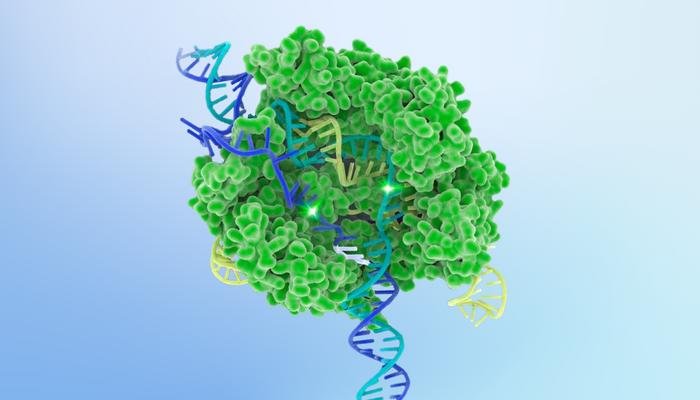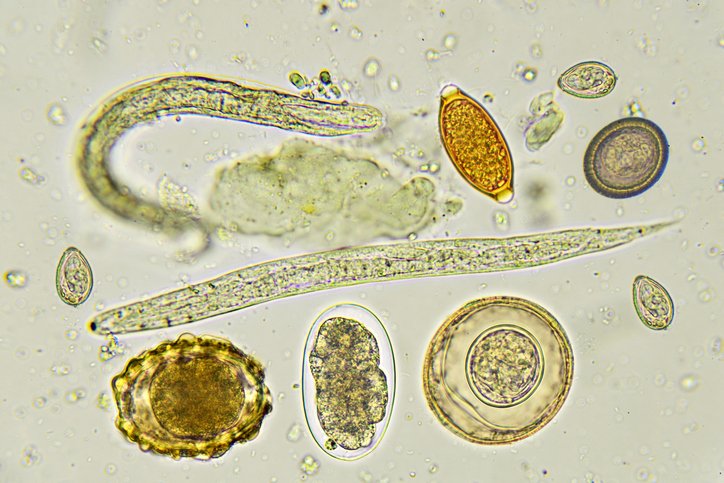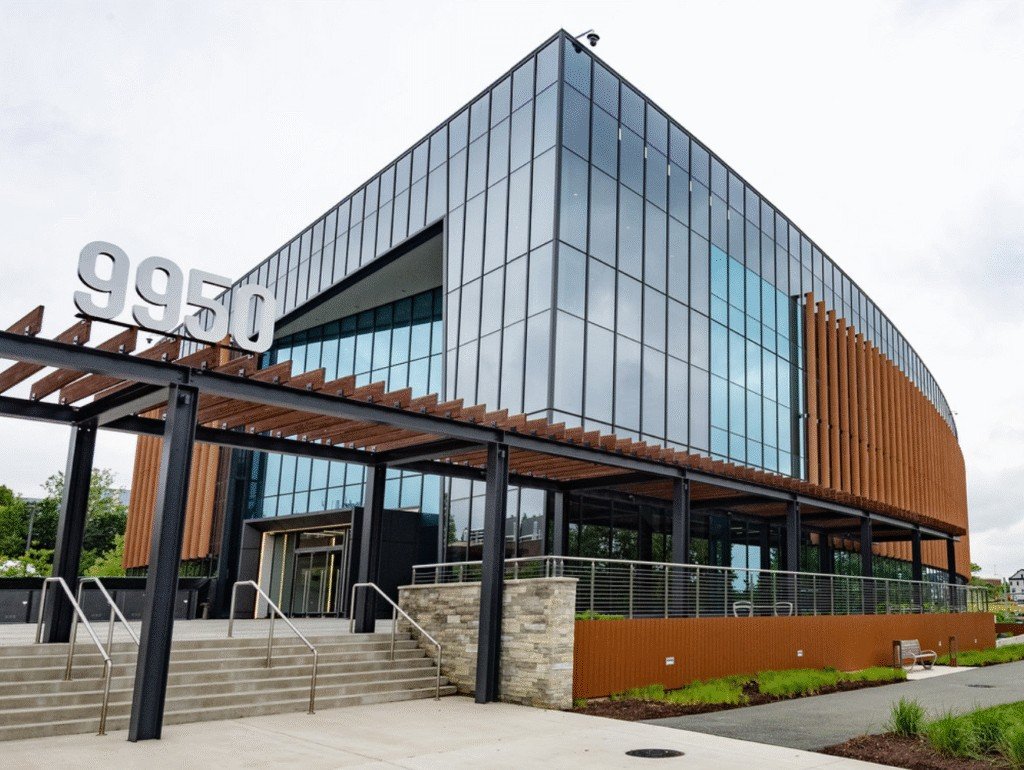The recent clinical success of treating “Baby KJ” Muldoon—an infant born with a rare metabolic disease—with the first-ever personalized gene-editing therapy brought much-needed enthusiasm to the genome editing world. It also raised a lot of questions: how will this advance develop beyond an n-of-1 therapy? How will genome editing strategies be developed more broadly and brought to more children?
Now, the Chan Zuckerberg Initiative (CZI) and the Innovative Genomics Institute (IGI) may have part of the answer. The two have announced the funding of the Center for Pediatric CRISPR Cures (Center). The Center will use CRISPR-based editing technology to advance cures for severe pediatric genetic diseases and plans to bridge CRISPR cure design and testing at the University of California, Berkeley (UC Berkeley), with clinical treatment at the University of California, San Francisco (UCSF).
“At CZI, we’ve long championed the rare disease community through our Rare As One Project,” Heidi Bjornson-Pennell, senior program manager, Translational Impact and Engagement, Rare As One Network, told GEN. “Our investment in the new Center is a natural extension of that commitment. By building on the success of the first personalized CRISPR gene-editing therapy, the Center will help bring life-changing breakthroughs to more families confronting devastating ultra-rare diseases. We hope that through continued learning, investment, and collaboration, these therapies can evolve from bespoke, life-saving miracles into reproducible models that benefit thousands more people.”
The new Center, funded with a $20 million grant from the CZI, will build off of the IGI’s role in developing and ensuring the safety of the therapy for Baby KJ. The Center will apply the framework used for Baby KJ to help other children with ultra-rare diseases. It will develop first-in-kind, personalized CRISPR on-demand treatments for children with severe inborn errors of immunity and severe metabolic disease, with the initial aim of treating eight patients. This initiative will be the first step to achieve the larger, long-term goal of the Center to establish a standardized process for the delivery of this type of therapy so that many more families can access treatment.
“There is a natural alignment between the mission of the IGI to make CRISPR gene editing the standard of care for genetic diseases and CZI’s ambitious mission to help scientists cure all diseases,” said Nobelist Jennifer Doudna, PhD, professor at UC Berkeley and an HHMI investigator. “We’ve already seen the profound impact that an on-demand CRISPR therapy can have for one family, now we want to ensure that this approach can scale and be made available for more children around the world.”
The Center will coordinate the preclinical design and safety testing of CRISPR therapies to treat pediatric patients at UCSF’s Medical Center. They noted that the established treatment pipeline (preclinical, manufacturing, cell product, clinical, and regulatory infrastructure) makes this work possible in just three years.
The IGI team collaborated with Danaher for baby KJ’s therapy, whose operating companies, Aldevron and Integrated DNA Technologies (IDT), manufactured components of the CRISPR therapy. IGI and Danaher have partnered over the past two years to create a blueprint for developing and delivering on-demand CRISPR therapies, one that could be used by organizations around the world for treating children with life-threatening genetic diseases. At the Center, IDT, Aldevron, and Cytiva will collaborate to support the delivery of the necessary clinical-grade therapies.
With all appropriate confidentiality considerations, the Center will ensure that data from all investigative new drug-enabling studies, regulatory documentation, and clinical trials is available to other U.S. academic centers in pediatric disease that wish to design and deploy their own CRISPR-based therapies for similar cases.
Additionally, IGI and CZI together will engage with patient communities, including those in the Rare As One Network, and other stakeholders to develop recommendations for making CRISPR cures more affordable and accessible.
The post Center for Pediatric CRISPR Therapies Founded by IGI, CZI appeared first on GEN – Genetic Engineering and Biotechnology News.




